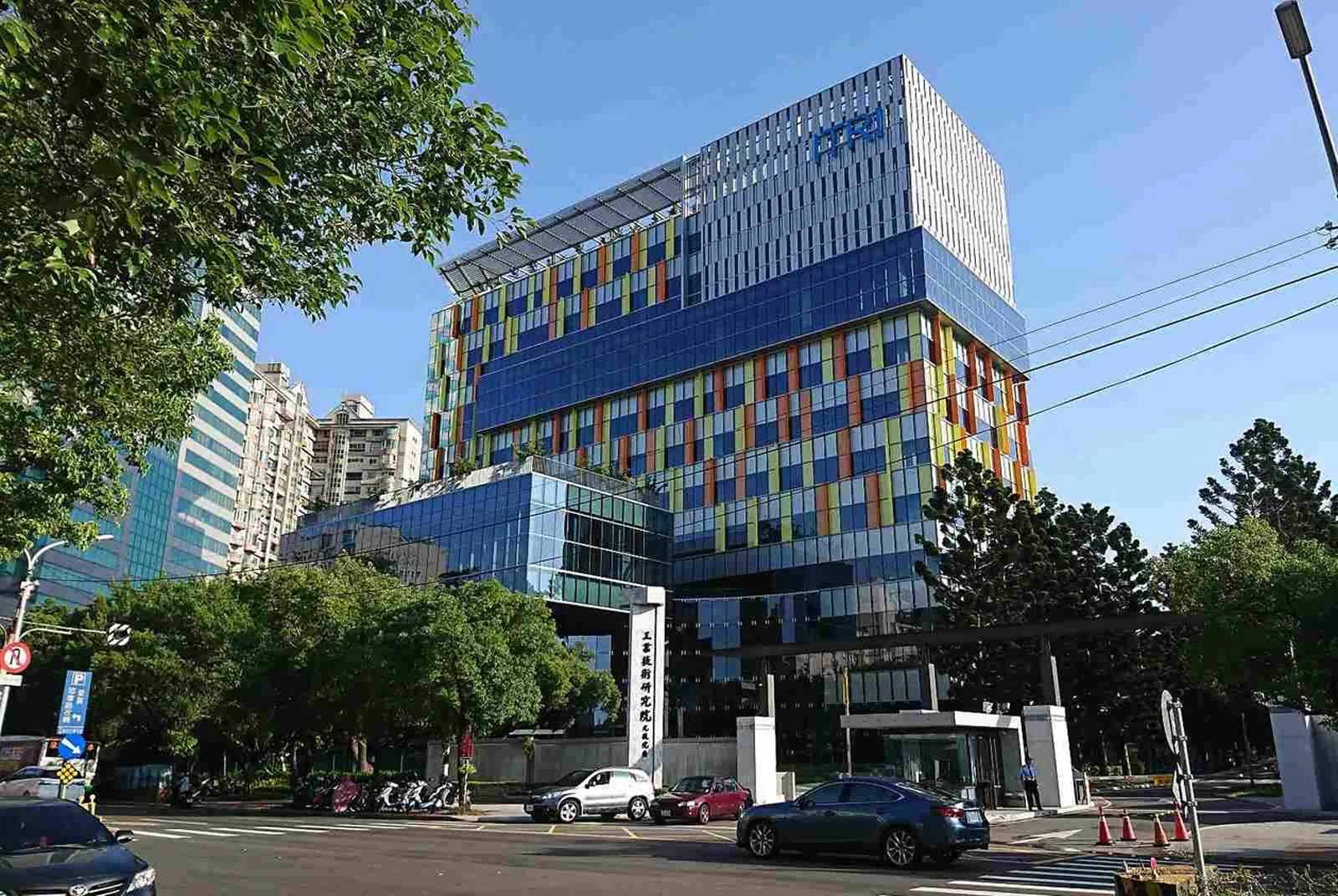Is it time for Taiwan to bid ITRI farewell?

Source:Wikipedia CC BY-SA 4.0
Celebrating its 50th anniversary, the Industrial Technology Research Institute (ITRI) has been a cornerstone of Taiwan's technological evolution. However, as Taiwan confronts new challenges in 2023, the question arises: Is it time to bid farewell to ITRI and usher in a new institution to shape Taiwan's future?
Views
Is it time for Taiwan to bid ITRI farewell?
By Chang-Tai HsiehFrom CommonWealth Magazine (vol. 781 )
The Industrial Technology Research Institute (ITRI) recently celebrated its 50th anniversary. It was created in response to the 1973 oil shock and the fear that Taiwan’s small and medium sized businesses would not be able to move beyond low-end manufacturing.
ITRI was neither a private company, a government agency, nor an R&D lab. It was a combination of all three, an “incubator” of new technologies where the goal was to explicitly commercialize new technologies by creating new companies.
I have found it difficult to describe ITRI’s design in the initial decades to people outside of Taiwan because there is still nothing like it anywhere else in the world.
ITRI’s main accomplishment was to create Taiwan’s semiconductor industry. Taiwan’s first semiconductor company, United Microelectronics (聯電), was spun off as a private company in 1980 after several years of ITRI’s work with RCA. Taiwan’s second semiconductor company, TSMC, was also incubated by ITRI. In its initial years, TSMC rented its manufacturing fab from ITRI. Without ITRI, it seems unlikely that the semiconductor industry would have emerged in Taiwan.
Despite ITRI’s importance in the 1980s, Taiwan of 2023 needs a new institution that can meet the technological challenges today. More generally, when the world changes, institutions should, too.
The 1970s in Taiwan provides us with an example of this. The Joint-Commission of Reconstruction and Agriculture (JCRR) was perhaps the equivalent of ITRI in the 1950s and 1960s. Like ITRI, the JCRR was a unique institution, funded largely by U.S. aid, and the employees were outside of the traditional civil service.
The JCRR was not only responsible for coordinating the land reform programs, but also for implementing agricultural technology extension programs, irrigation and flood control, and even rural credit, health, and birth control programs. These programs were arguably responsible for the dramatic improvement in agricultural productivity that took place in Taiwan in the 1950s and 1960s.
The agricultural revolution in Taiwan ultimately was also responsible for the eventual demise of the JCRR. President Lee Teng-hui, himself an employee of the JCRR in the 1950s, documents in his 1968 Ph.D. thesis that productivity growth in agriculture provided the capital of the initial wave of manufacturing firms in the 1960s. In addition, the increased supply of food fed the growing number of workers that moved to the manufacturing sector.
By the 1970s, due to the growth of the manufacturing sector, the JCRR was no longer relevant. In response, the government chose to create a new institution – ITRI – instead of refocusing the mission of the JCRR towards industrial technology. The JCRR was quietly shut down in 1979, with some of its functions transferred to the Ministry of Agriculture.
So should Taiwan have used ITRI’s 50th year anniversary to deliver a eulogy instead of a new lease on life? Despite how important ITRI has been to Taiwan in the past, it seems clear that ITRI cannot meet the challenges that Taiwan faces today.
First, the research budget and capabilities of the companies spawned by ITRI are much larger than that of ITRI itself. ITRI is no longer relevant, and has not been for a long time, to UMC and TSMC.
Second, ITRI has moved away from its original institutional design that made it unique.
Instead of incubating new technologies and companies, it has shifted towards being a service organization. The emphasis now is not on incubating a small number of companies, but on the large number of medium and small sized companies it works with. It is now more of a government bureaucracy than an entrepreneurial startup that it once was.
ITRI’s current activities as a service organization may be worthwhile, but it is virtually impossible to measure their effectiveness under its current model. In contrast, under ITRI’s older model as a technology incubator, it was easy to figure out whether a project was successful or not – a company is either successful in the market or it is not.
This is not to say that technology is no longer important. On the contrary, Taiwan’s future depends on the discovery of new ideas, new ways of doing things. But is ITRI still the organization that can do this, or whether this is another period similar to 1973 when Taiwan needs to create new institutions that can best exploit new ideas?
For example, a remarkable development in South Korea has been the explosion of the entertainment industry, including K-dramas and K-pop music. If such a thing were to emerge in Taiwan, are the engineers at ITRI the ones best equipped to do it?
So this is the time to deliver a eulogy for ITRI, to celebrate what it has done for Taiwan, but to also give it a proper burial because the future of Taiwan requires something completely new.
About the Author

Chang-Tai Hsieh is the Phyllis and Irwin Winkelried Professor of Economics and PCL Faculty Scholar, University of Chicago Booth School of Business.
Have you read?
- Does TSMC need more financial discipline?
- Fuzhou pepper buns and the failure to scale
- The hidden beauty of Taipei
Uploaded by Ian Huang






